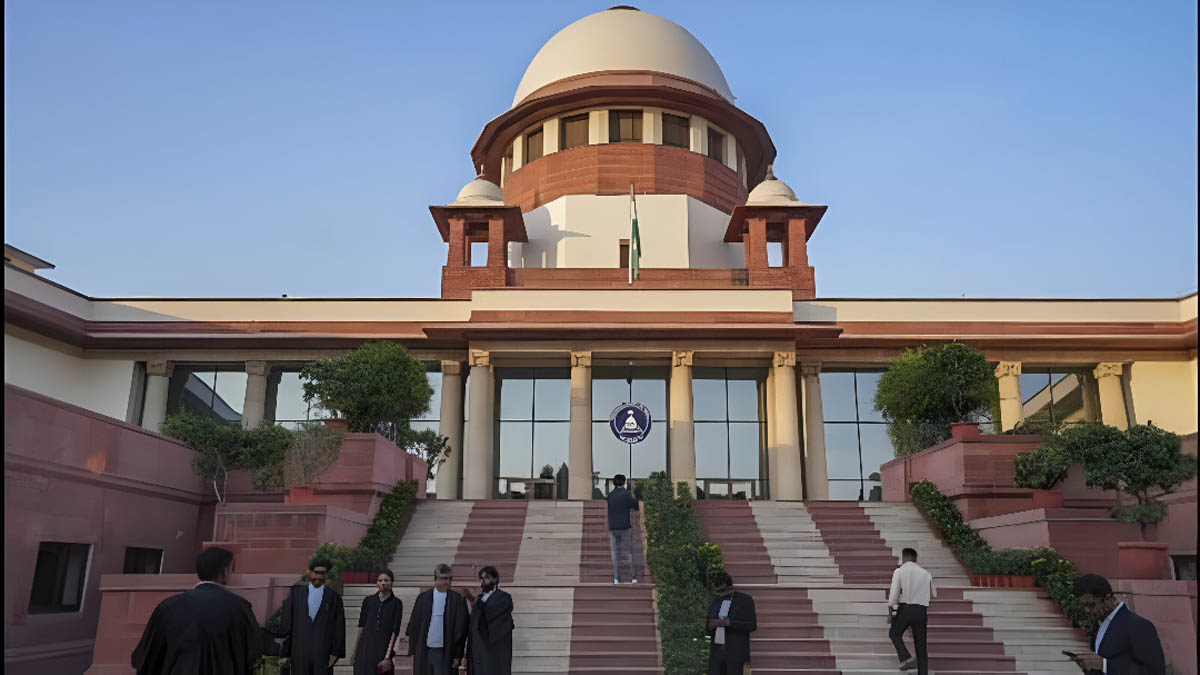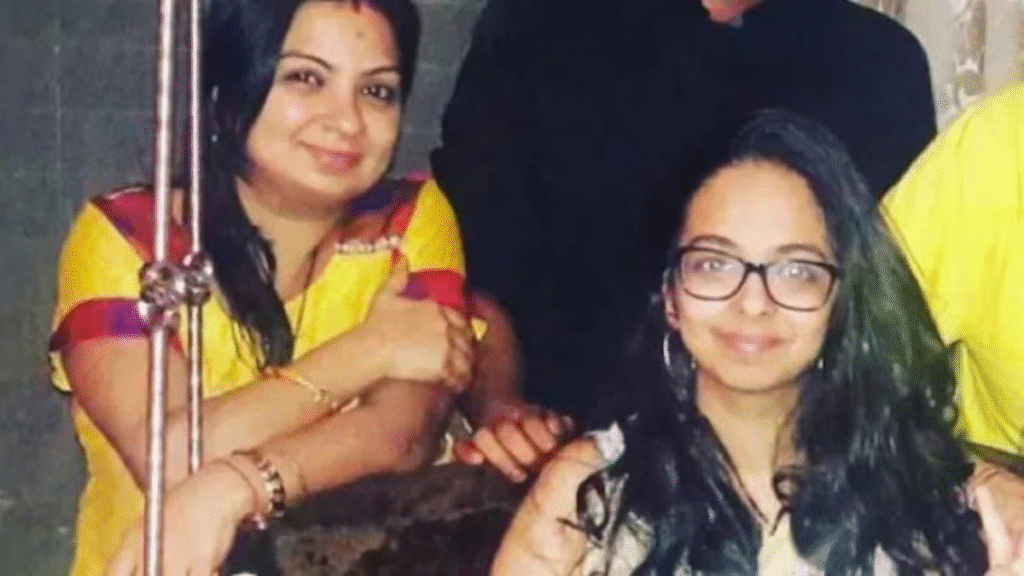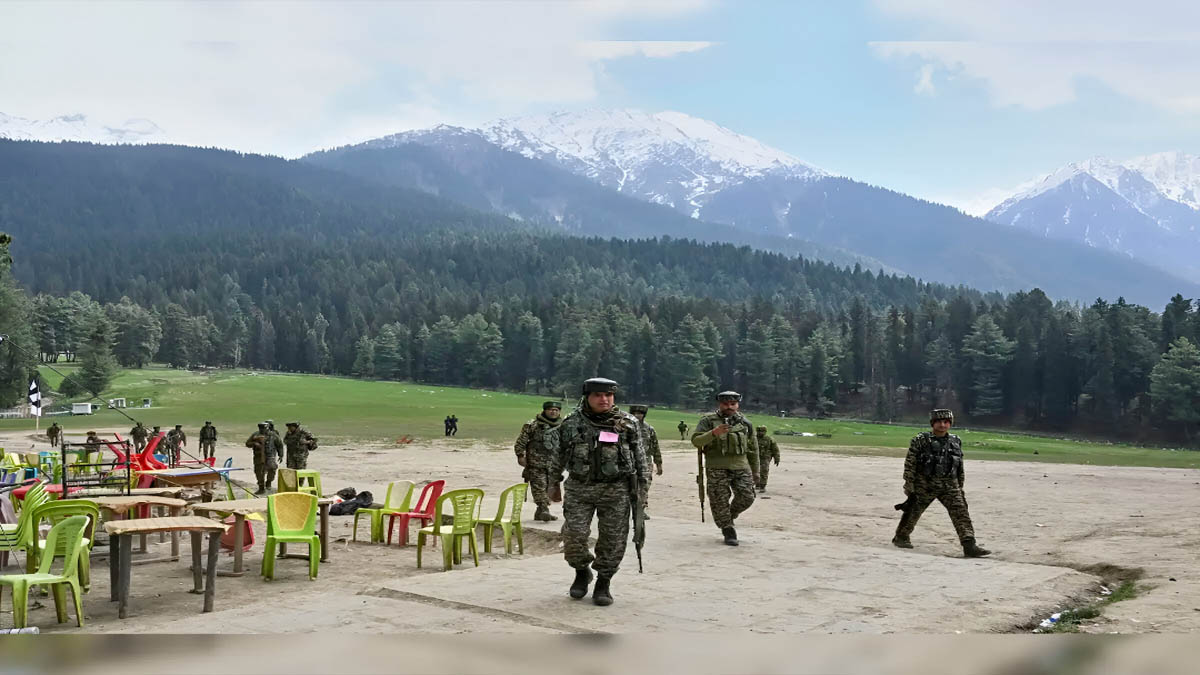Now Reading: Supreme Court to Address Waqf Property Disputes on May 20, CJI Gavai Leads Bench
-
01
Supreme Court to Address Waqf Property Disputes on May 20, CJI Gavai Leads Bench
Supreme Court to Address Waqf Property Disputes on May 20, CJI Gavai Leads Bench

The Supreme Court of India is set to hear a series of petitions concerning disputes related to Waqf properties on May 20, with a bench led by Chief Justice of India (CJI) B.R. Gavai. This significant development comes amidst growing concerns and legal complexities surrounding the administration and control of Waqf properties across the nation.
Waqf properties, dedicated for religious or charitable purposes under Islamic law, have long been a subject of legal contention. The upcoming hearings are anticipated to address a range of critical issues, including encroachments, illegal transfers, and the proper implementation of the Waqf Act, 1995.
The bench, headed by CJI Gavai, is expected to delve into the intricacies of these disputes, which often involve state governments, Waqf Boards, and private entities. The petitions before the court highlight the challenges faced in safeguarding these properties, which are intended to benefit the Muslim community and contribute to social welfare.
Key areas of focus in the upcoming hearings are likely to include:
- Encroachment and Illegal Occupation: Numerous cases have surfaced alleging unauthorized occupation of Waqf lands, raising questions about the efficacy of existing mechanisms to protect these assets.
- Administration and Management: The court may examine the functioning of Waqf Boards, the statutory bodies responsible for the management of Waqf properties, and assess their compliance with legal mandates.
- Implementation of the Waqf Act, 1995: The bench is expected to review the implementation of the Waqf Act, 1995, and consider potential amendments or clarifications to ensure its effective enforcement.
- State Government Involvement: The role of state governments in protecting and managing Waqf properties will be scrutinized, particularly in cases where allegations of negligence or collusion have been raised.
- Legal Clarity and Guidelines: Stakeholders are hopeful that the Supreme Court will provide clear guidelines and interpretations to streamline the resolution of Waqf property disputes and enhance transparency in their administration.
The significance of these hearings lies in their potential to bring much-needed clarity and uniformity to the legal framework governing Waqf properties. The outcomes could have far-reaching implications for the Muslim community, impacting the use and preservation of these assets for their intended purposes.
Legal experts emphasize the importance of robust mechanisms to protect Waqf properties from illegal encroachment and ensure their proper utilization for charitable and religious activities. The Supreme Court’s intervention is seen as a crucial step towards addressing the long-standing challenges and fostering a more equitable and transparent system.
The May 20 hearings are anticipated to draw significant attention from legal professionals, community leaders, and concerned citizens across India. The decisions made by the CJI Gavai-led bench will likely set a precedent for future cases and shape the landscape of Waqf property management in the country.










